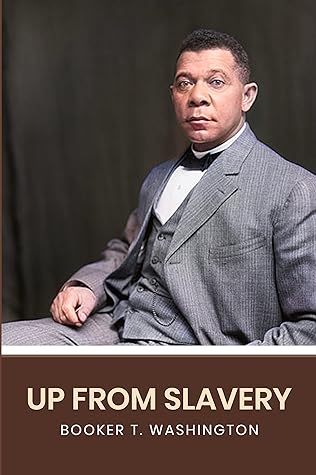More on this book
Community
Kindle Notes & Highlights
Read between
September 20 - October 10, 2024
Nothing that the coloured people possess is too good for the son of “old Mars’ Tom,” who will perhaps never be permitted to suffer while any remain on the place who knew directly or indirectly of “old Mars’ Tom.”
the slave was to be permitted to buy himself, by paying so much per year for his body; and while he was paying for himself, he was to be permitted to labour where and for whom he pleased.
Ever since I have been old enough to think for myself, I have entertained the idea that, notwithstanding the cruel wrongs inflicted upon us, the black man got nearly as much out of slavery as the white man did. The hurtful influences of the institution were not by any means confined to the Negro.
From the time that I can remember having any thoughts about anything, I recall that I had an intense longing to learn to read.
I have always felt proud that she refused to go into debt for that which she did not have the money to pay for.
I almost reached the conclusion that often the Negro boy’s birth and connection with an unpopular race is an advantage, so far as real life is concerned.
Every persecuted individual and race should get much consolation out of the great human law, which is universal and eternal, that merit, no matter under what skin found, is, in the long run, recognized and rewarded.
This was my first experience in finding out what the colour of my skin meant.
I felt that I had reached the promised land, and I resolved to let no obstacle prevent me from putting forth the highest effort to fit myself to accomplish the most good in the world.
It was enough for us to know that we were pleasing General Armstrong, and that we were making it possible for an additional number of students to secure an education.
I have begun everything with the idea that I could succeed, and I never had much patience with the multitudes of people who are always ready to explain why one cannot succeed.
Before the end of the year, I think I began learning that those who are happiest are those who do the most for others.
Ever since then I have had no patience with any school for my race in the South which did not teach its students the dignity of labour.
At that institution I got my first taste of what it meant to live a life of unselfishness, my first knowledge of the fact that the happiest individuals are those who do the most to make others useful and happy.
How many times I wished then, and have often wished since, that by some power of magic I might remove the great bulk of these people into the county districts and plant them upon the soil, upon the solid and never deceptive foundation of Mother Nature, where all nations and races that have ever succeeded have gotten their start,—a start that at first may be slow and toilsome, but one that nevertheless is real.
As for my individual self, it appeared to me to be reasonably certain that I could succeed in political life, but I had a feeling that it would be a rather selfish kind of success—individual success at the cost of failing to do my duty in assisting in laying a foundation for the masses.


